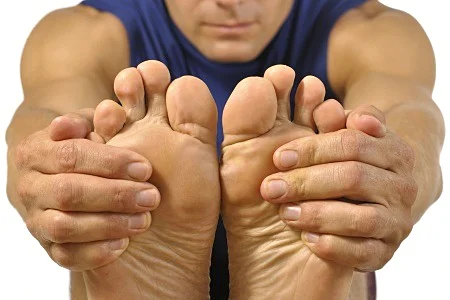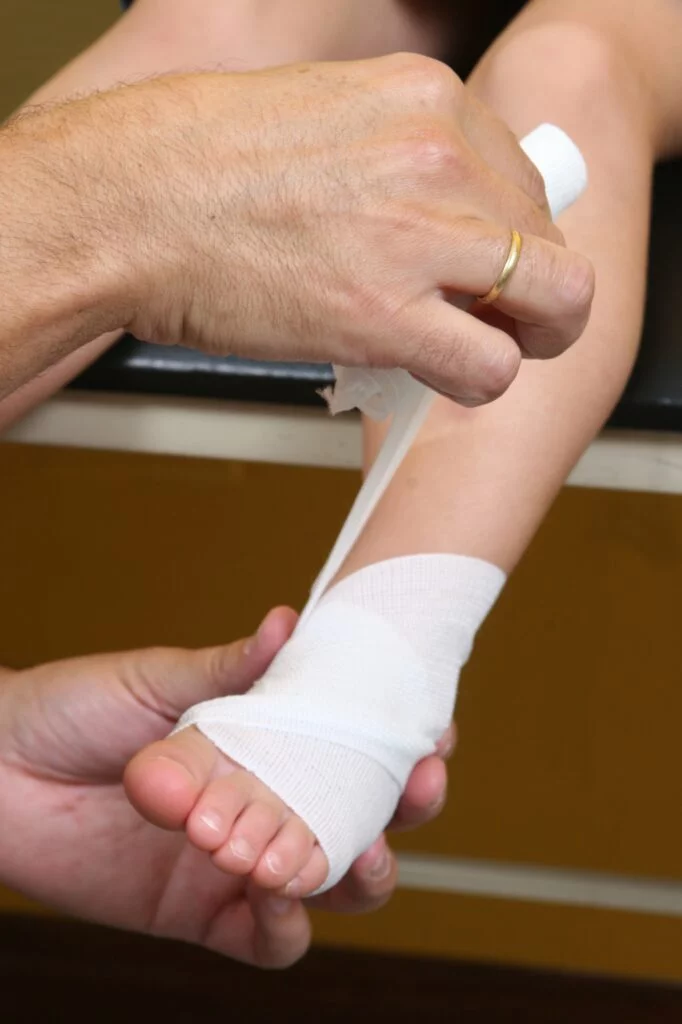Table of Contents
Introduction - Athlete's Foot
Athlete’s foot is a very unpleasant skin disease caused by a fungus. The infection often appears between the toes but can occur in other areas of the foot. Other areas of the body may also be affected if you scratch the area and then touch other spots.
The fungus that causes athlete’s foot loves warm, dark and moist environments, like the inside of your shoes. Athlete’s foot is contagious and you can pick it up in public areas like swimming pools, locker rooms, spas and showers
Athlete's Foot Symptoms
Symptoms of athlete’s foot can include any of these:
- Itching and burning between the toes
- Peeling, scaling or dry skin
- Swelling and inflammation
- Blisters
Treating Athlete's Foot
If your symptoms persist even with good foot hygiene and wearing clean socks and dry shoes, consult a podiatrist.
Once we confirm that you have athlete’s foot, oral or topical antifungal medication will be prescribed. Antibiotics can help if the infection is bacterial rather than fungal.
Frequent foot bathing, drying thoroughly and applying foot powder to shoes and socks can help with recovery. Because athlete’s foot is so contagious, discourage transmission of the fungus by disinfecting home showers and tubs after each use.
Preventing Athlete's Foot
Good foot hygiene can help prevent athlete’s foot:
- Wash your feet every day with soap and water and dry carefully, especially between the toes.
- Wear flip-flops or shower shoes in public areas.
- Use powder in shoes and socks regularly to reduce moisture.
- Change socks and shoes regularly.
- Choose synthetic blend socks that wick moisture away and change often.


